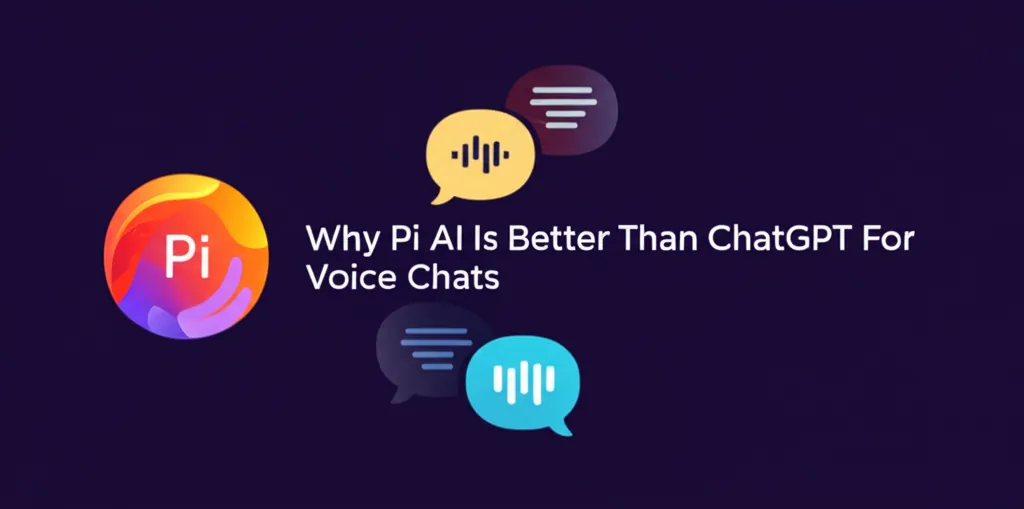Developer Offer
Try ImaginePro API with 50 Free Credits
Build and ship AI-powered visuals with Midjourney, Flux, and more — free credits refresh every month.
OpenAI Targets Billions of Daily Users for ChatGPT
A Jaw-Dropping Surge in User Growth
In the rapidly evolving world of artificial intelligence, OpenAI's ChatGPT has emerged as a dominant force, achieving a staggering milestone that underscores its meteoric rise. The company has reported a quadrupling of its user base, now boasting an incredible 700 million weekly active users. This explosive growth signals a massive public appetite for generative AI and places ChatGPT in an elite category of global technology platforms, rivaling the scale of established social media and search giants.
The Audacious Goal Billions of Daily Users
Building on this momentum, OpenAI CEO Sam Altman has articulated a vision that is nothing short of revolutionary. He stated that the company is on a "clear path" to a future where "billions of people a day will be talking to ChatGPT." This isn't just a forecast; it's a direct challenge to the current titans of internet traffic, namely Google and Facebook. Altman's goal is to transform ChatGPT from a popular tool into an indispensable daily utility, a primary interface through which a significant portion of the world's population interacts with information and technology.
The Billion-Dollar Bottleneck The GPU Challenge
However, this ambitious trajectory is not without its obstacles. The single greatest challenge to scaling ChatGPT to billions of daily users is the immense demand for and high cost of the underlying hardware. The platform's power is derived from vast networks of Graphics Processing Units (GPUs), the specialized chips essential for complex AI computations. Securing a sufficient supply of these high-performance GPUs and managing the astronomical energy and operational costs represents a significant bottleneck. The entire scaling strategy hinges on OpenAI's ability to build and maintain an unprecedentedly large and costly infrastructure, a hurdle that will test the limits of its resources and strategic partnerships.
What This Means for the Future of the Internet
If OpenAI successfully navigates the infrastructure challenge, the implications are profound. A world with billions of daily ChatGPT users would fundamentally reshape the digital landscape. It could alter how we search for information, generate content, write code, and even communicate. This would represent a paradigm shift, moving the center of the internet's gravity away from traditional search engines and social feeds toward conversational AI interfaces. The race is on, and while the vision is clear, the path is paved with expensive silicon.
Compare Plans & Pricing
Find the plan that matches your workload and unlock full access to ImaginePro.
| Plan | Price | Highlights |
|---|---|---|
| Standard | $8 / month |
|
| Premium | $20 / month |
|
Need custom terms? Talk to us to tailor credits, rate limits, or deployment options.
View All Pricing Details

